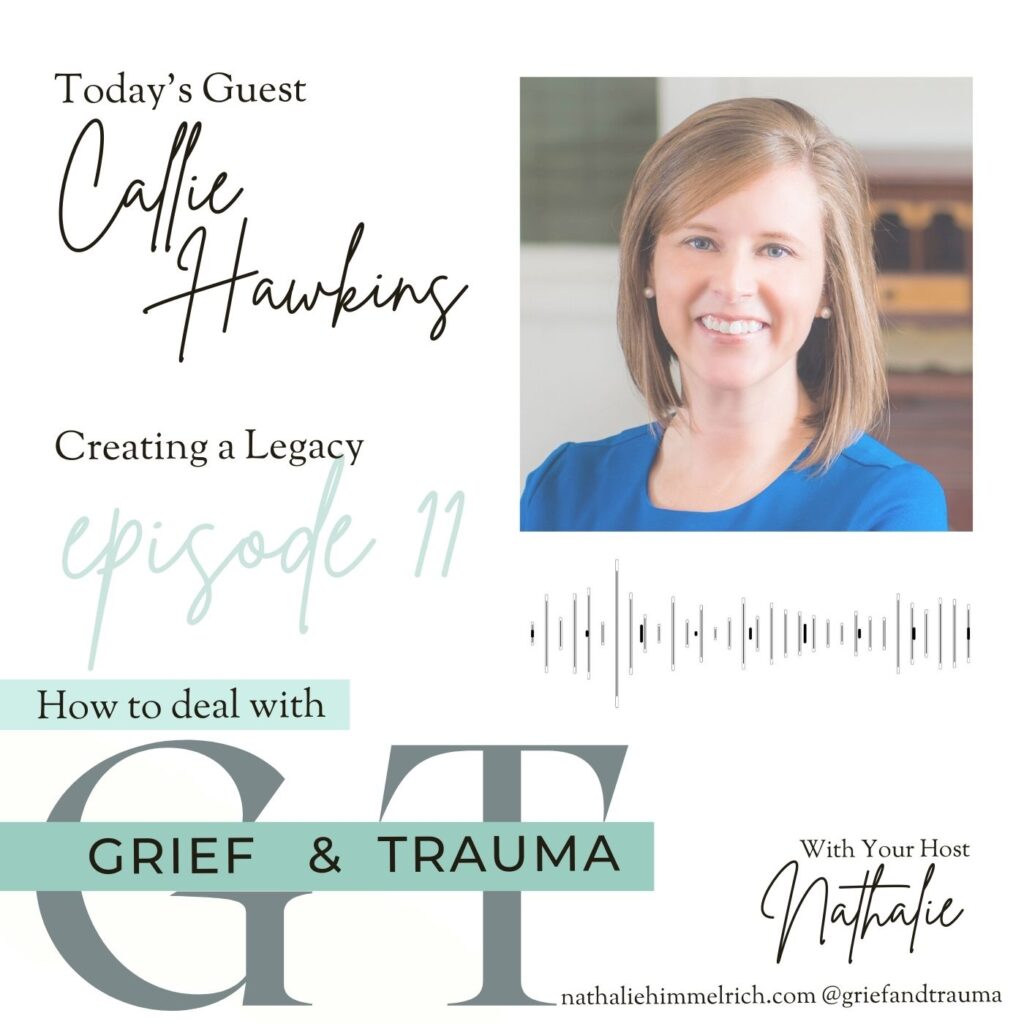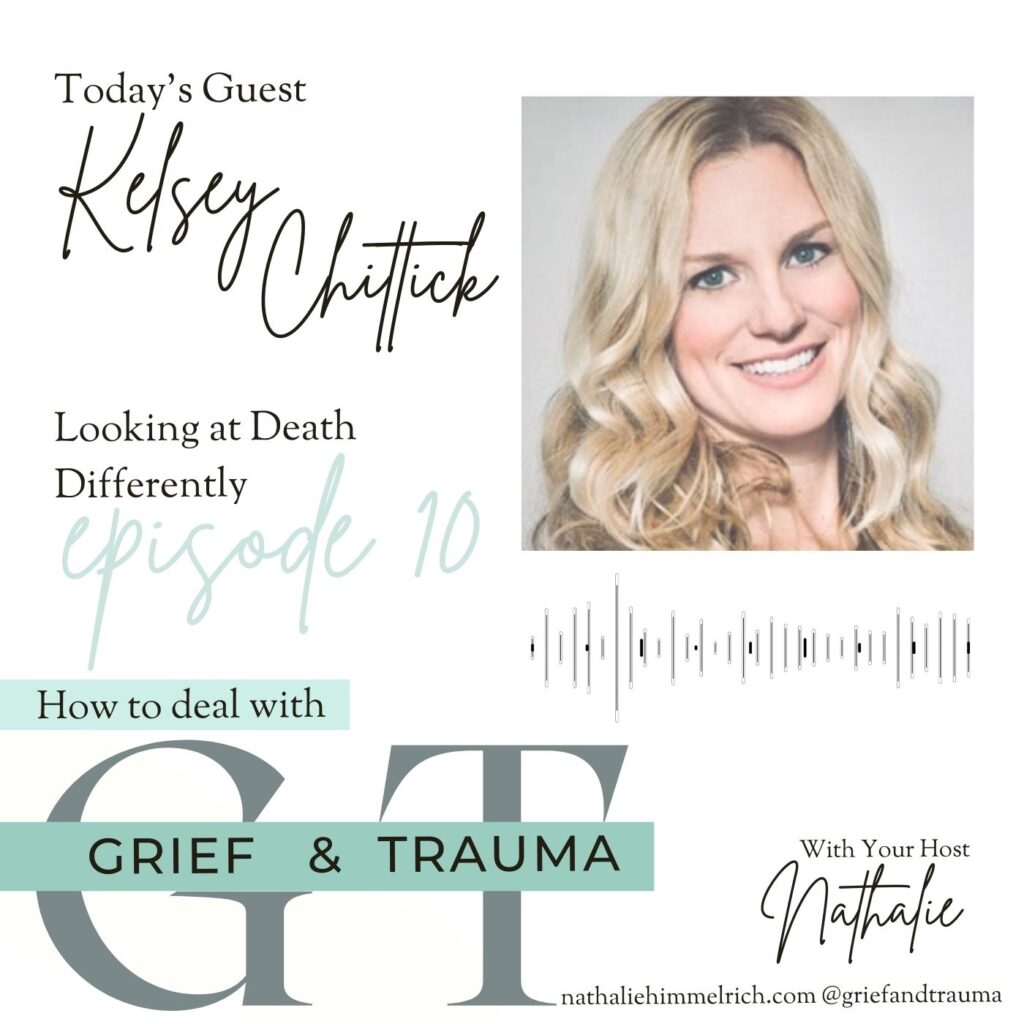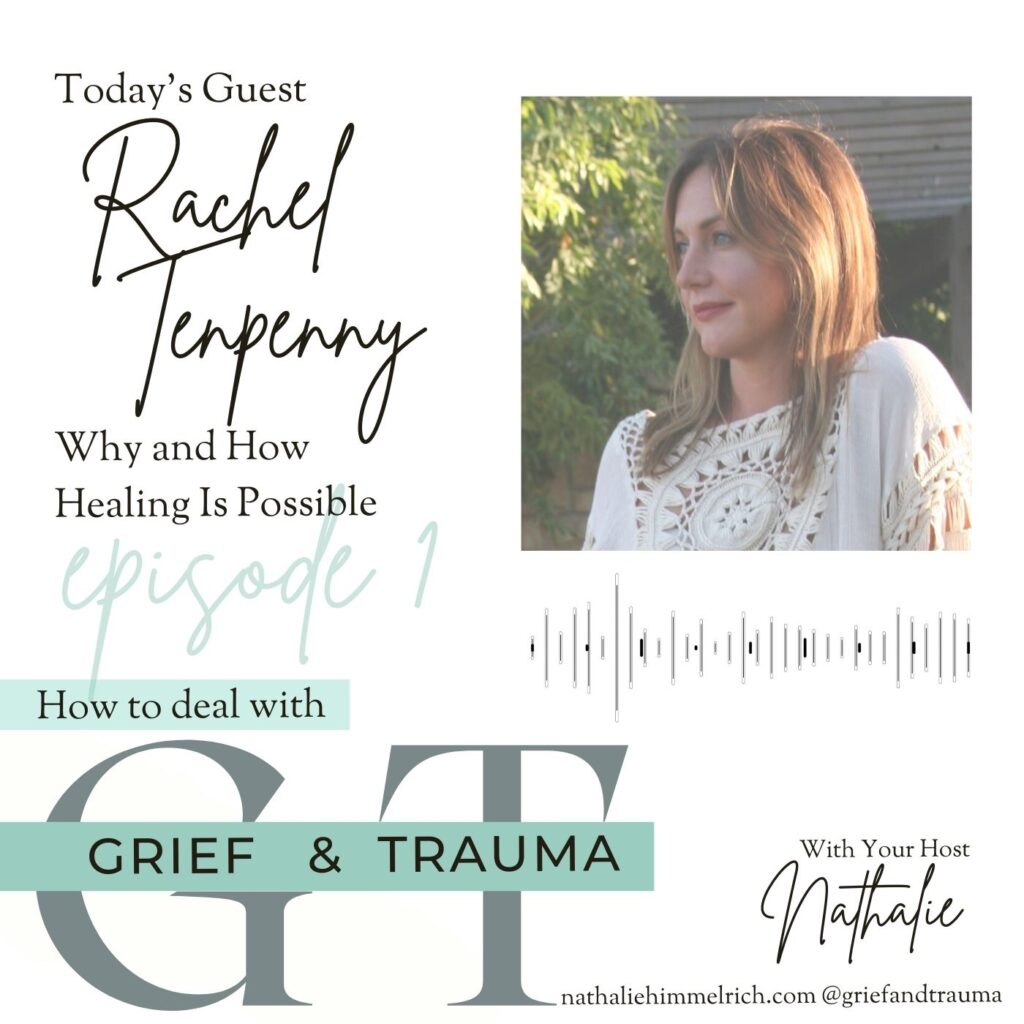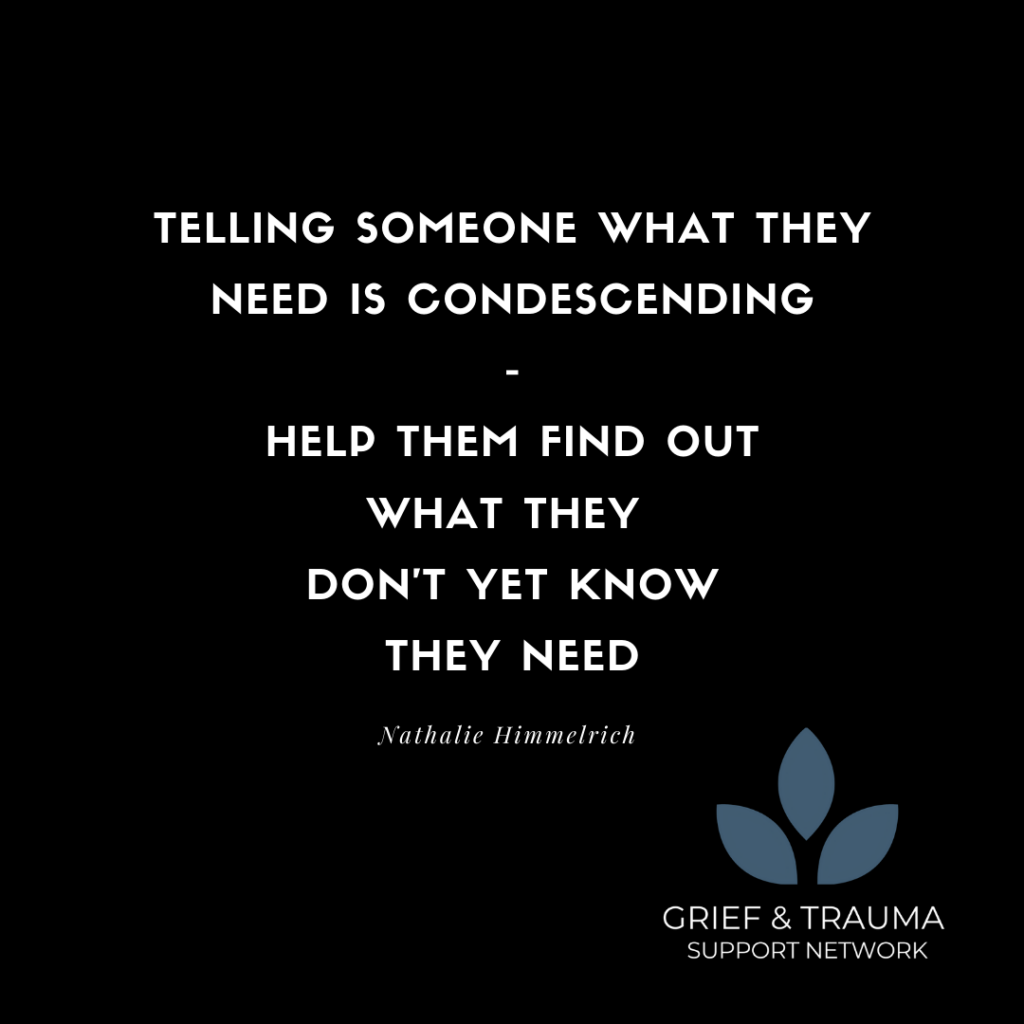
Today I speak with Callie about the loss of her first son Coley and how she created a legacy by creating an exhibition at Present Lincoln’s Cottage in Washington, DC. Listen to Callie describing how she learned to intentionally grieve. One thing to definitely look out for in this episode is how she experiences grief loving her back.
Callie says:
‘One thing I wish I had known was that it is still possible to have a relationship with your loved one who has died. It’s certainly not a relationship that you anticipate. It’s not the relationship that you even necessarily wanted or had dreamed of or could have imagined. It is beautiful all at the same time.’
About this week’s guest
Callie Hawkins is a grief activist and bereaved mother whose son, Coley, died of unexplained stillbirth in February 2018 — one day after his due date. In her professional role as Director of Programming at President Lincoln’s Cottage — a historic site and museum in Washington, DC where President Abraham Lincoln and his family moved after the death of their son, Willie — Hawkins curated Reflections on Grief and Child Loss, an exhibit that connects the Lincoln family’s experience with the deaths of their children with modern families who have lost children across age and experience. Callie, her husband Jason and their living son, Fletcher, live with a deep and abiding love for Coley in the greater Washington, DC area.
Topics discussed in this episode
- Callie’s son Coley dying from stillbirth
- Guilt and shame
- Coley’s legacy
- Grief loving me back
- Intentional grieving
- Exhibition at Lincoln’s Cottage
Resources mentioned in this episode
- Reflections on Grief and Child Loss, exhibit at President Lincoln’s Cottage
- Video of the exhibit
- Washington Post article about the exhibit
- Callie’s article My Grief is My Superpower
Links
–> For more information, please visit Nathalie’s website.
–> Subscribe to the newsletter to receive updates on future episodes here.
–> Join the podcast’s Instagram page.
Thanks for listening to HOW TO DEAL WITH GRIEF AND TRAUMA. If you’d like to be updated on future episodes, please subscribe to my newsletter on Nathalie Himmelrich.com
If you need grief support, please contact me for a FREE 30 min discovery session.
HOW TO DEAL WITH GRIEF AND TRAUMA is produced and edited by me, Nathalie Himmelrich.
Support this Podcast
To support this podcast, please rate, review, subscribe to, or follow the podcast on Apple, Spotify, or wherever you get your podcasts. Thank you.
Remember to keep breathing, I promise, it will get easier.





